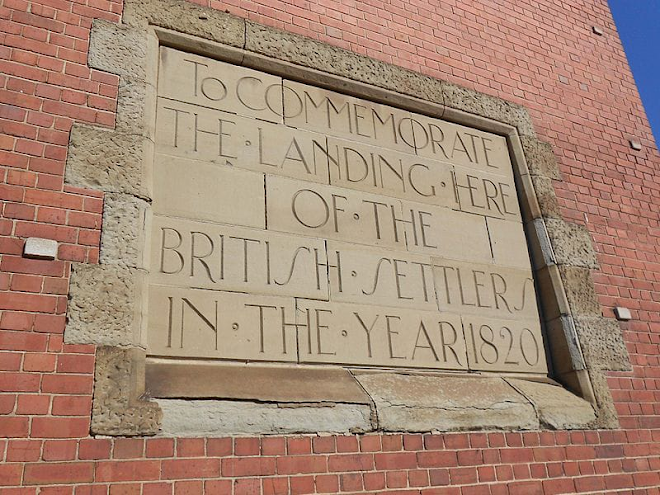
Picture Source Wikipedia
QUOTE: "Magna Carta (Latin for Great Charter, literally "Great Paper"), also called Magna Carta Libertatum (Great Charter of Freedoms), is an English charter originally issued in 1215. It required the King to renounce certain rights, respect certain legal procedures and accept that his will could be bound by the law. It explicitly protected certain rights of the King's subjects, whether free or fettered — most notably the writ of habeas corpus, allowing appeal against unlawful imprisonment....
Magna Carta was the most significant early influence on the extensive historical process that led to the rule of constitutional law today. Magna Carta influenced the development of the common law and many constitutional documents, such as the United States Constitution.....
After the Norman conquest of England in 1066 and advances in the 12th century, the English king had by 1199 become a powerful and influential monarch in Europe. Factors contributing to this include the sophisticated centralised government created by the procedures of the new Norman systems of governance and extensive Anglo-Norman land holdings in Normandy. But after King John of England was crowned in the early 13th century, a series of failures at home and abroad, combined with perceived abuses of the king's power, led the English barons to revolt and attempt to restrain what the king could legally do."
Source Wikipedia
The Magna Carta was legally binding on the King, and his subjects, in all its territories. The content and legal aspect of the document, to limit abuse of power differs from the social systems of chiefs on continents and islands where none of their subjects had land ownership, or full ownership of possessions. It is by far the most modern legal democratic idea for its time, and on which all free nations modeled their good governance, in recent times.
